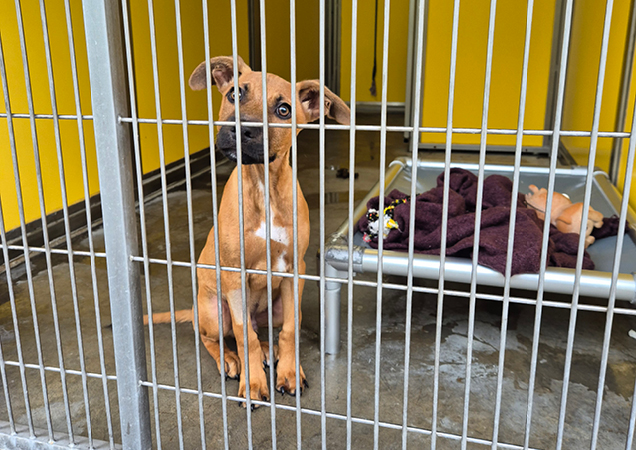Dr Anne Chester, RSPCA Queensland Chief Veterinary Officer says, "Vaccination is the most effective way to protect your dog from parvovirus."
The core vaccines for dogs are canine distemper virus, canine adenovirus and canine parvovirus; these are combined within a single vaccine commonly known in Australia as the C3 vaccine.
- Ensure your dog is fully vaccinated.
- Puppies should begin their vaccinations at around six to eight weeks of age, with boosters administered as they grow.
- Adult dogs should also receive regular vaccinations to maintain immunity.
- Keep puppies away from public places and interacting with unvaccinated dogs until they are fully vaccinated.
- Regularly check your dog's vaccination status with your vet and ask them for advice on when to vaccinate based on your individual pet’s needs.
"Unfortunately, we are seeing a sharp rise in cases at the RSPCA because many puppies haven’t been vaccinated or dogs are not up to date with their annual boosters. The virus can be fatal, and it's heartbreaking to see dogs suffering when this could have been prevented," says Dr Chester.
Depending on the type of vaccination used, protective immunity is achieved several days to weeks after the final vaccination.
If your dog is not fully vaccinated, limit their travel away from home to prevent them from encountering environments that may unknowingly be contaminated with parvovirus.







